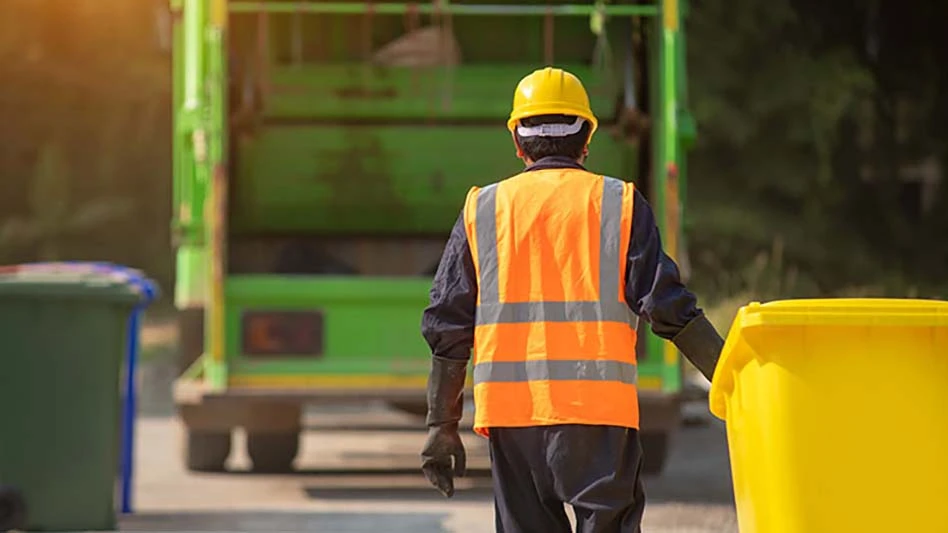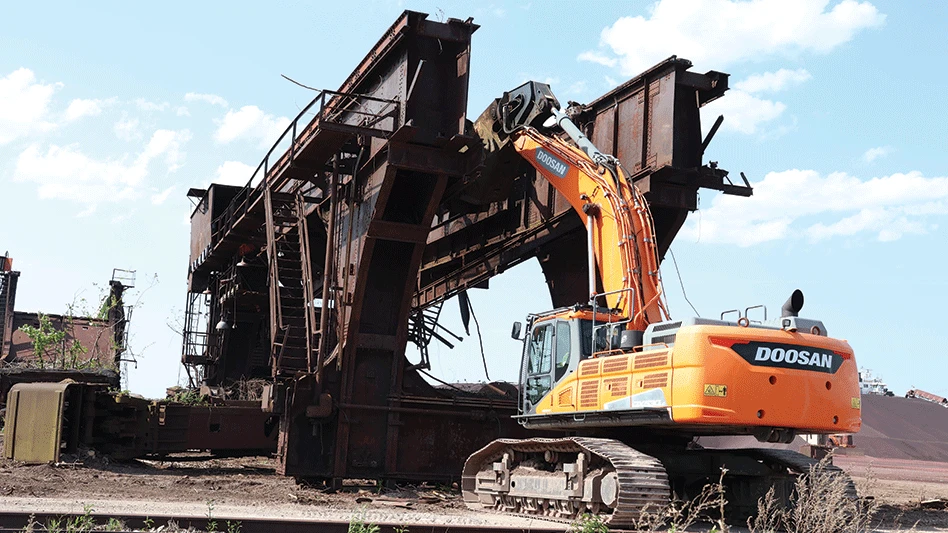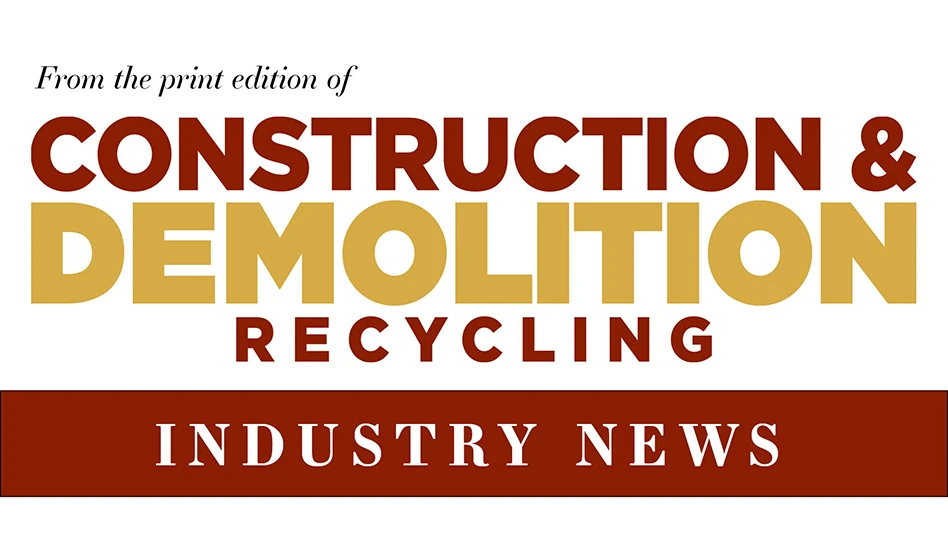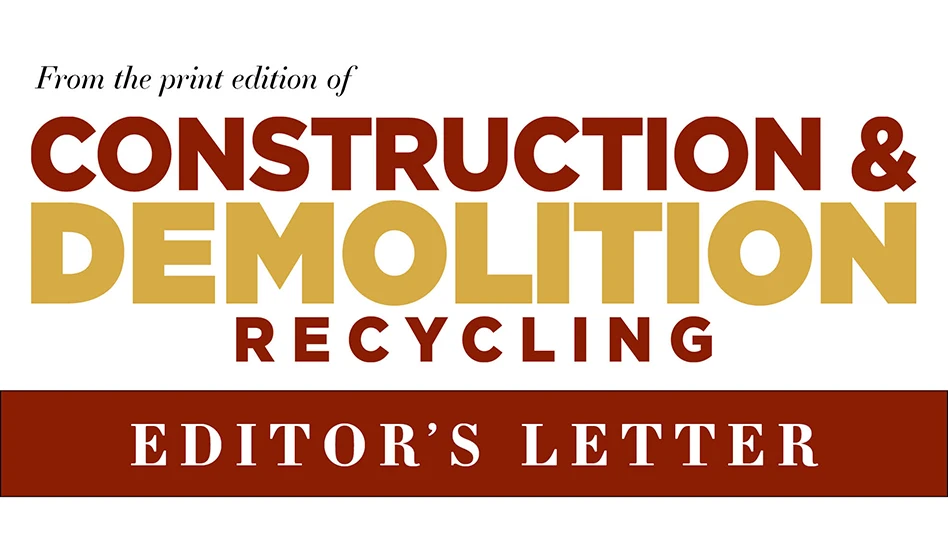
Visoot | AdobeStock
The National Waste & Recycling Association (NWRA), Arlington, Virginia, has released a white paper called “Solutions to the Waste & Recycling Industry’s Growing Driver/Worker Shortage,” voicing its support of apprenticeship programs and incentives to expedite training and licensure of qualified applicants.
“The workforce challenges facing our industry existed well before COVID-19,” says NWRA President and CEO Darrell Smith. “It is becoming more difficult to find qualified applicants. This white paper seeks to help identify policies and programs that might help attract more skilled men and women to our industry.”
The NWRA says the waste and recycling industry has experienced a growing shortage of employees possessing the required technical skills for driving and operating equipment over the past several years. The paper states this has been fueled in part by generational demographics and a shift away from career and technical education in secondary schools.
Within the next five years, the solid waste collection industry will have 14,000 new jobs for collection drivers and helpers, 1,900 jobs for diesel service technicians and mechanics and 300 jobs for welders. The association says an already tight labor market with more job openings than potential qualified employees will worsen an already difficult situation as demand for these positions grows.
The NWRA says it supports apprenticeship programs and incentives that help expedite the training and licensure of qualified applicants. Career and technical education, such as those provided under the Carl D. Perkins Vocational Education Act of 1984, help address the problem by increasing the pool of individuals possessing the right skill sets.
However, the association says more can be done to use apprenticeships to the industry’s advantage. This includes allowing Pell Grants and state/local educational assistance to be used at trade and vocational schools. It also supports increasing the flexibility of these education grants by authorizing nontraditional schools approved for G.I.s' benefits to be eligible under the grants’ provisions for receiving aid.
The paper also states that the Biden administration's Trucking Action Plan supports new registered apprenticeship programs to increase the supply of truck drivers. This is done by creating new pathways into the profession, cutting red tape to expand high-quality training and laying the foundation for improving job quality to keep people in the profession.
The NWRA says drivers, mechanics, welders and others in the waste and recycling industry all play roles in ensuring the nation’s public health through proper sanitation that can be reliably performed regularly. The organization adds that an all-of-the-above approach incorporating the private sector, local, state and federal efforts to expand the number of skilled employees is the only way to meet the increasing demand.





